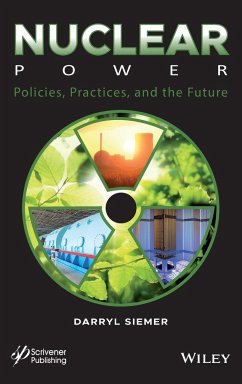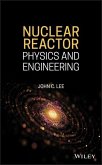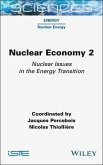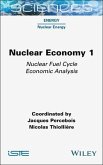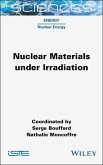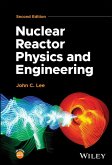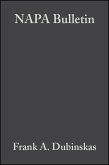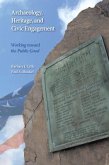Written from an engineer's perspective, this is a treatise on the state of nuclear power today, its benefits, and its future, focusing on both policy and technological issues. As the world's energy sources continue to develop, with less reliance on traditional fossil fuels and more reliance on cleaner, more efficient, alternative energy sources, nuclear power continues to be a dividing point for many people. Some believe it is the answer to our energy problems for the future, while others warn of the risks. Written by a retired scientist who spent most of his career at the Idaho National Laboratory (INL), this book aims to delve into the issues surrounding nuclear power and dispel its myths, while building an argument for why the United States should develop a nuclear power plan for the future. As a "whistleblower," the author spent much of the last ten years of his career at the INL raising concerns about how its mission of serving as the Department of Energy's lead laboratory in radioactive waste management was not being properly managed. While the United States continues to tread water on the issue of nuclear energy, the author believes that a nuclear "renaissance" is not only possible but is necessary for meeting the world's growing demand for energy, especially clean energy. With fossil fuels slowly dying out and renewable energy sources not able to handle the demand for a continuously growing energy-consuming public, nuclear is an obvious solution. This book is a must-have for any engineer working in nuclear power, students hoping to go into that industry, and other engineers and scientists interested in the subject. This book is both "technical" and "political" because they're equally important in determining what actually happens in institutions dealing with technical problems. This breakthrough new volume: * Explains why a nuclear renaissance is needed * Identifies the characteristics that can make nuclear power a viable option * Identifies the cultural foibles responsible for the USA's failure to develop a nuclear fuel cycle and deal with the waste issues generated by the one that it had implemented * Presents real-world examples of the consequences of the US Department of Energy's approach to addressing both those issues and the others affected by them, such as the environmental effects of anthropogenic GHG emissions and the world's long-term economic and political vulnerabilities
Hinweis: Dieser Artikel kann nur an eine deutsche Lieferadresse ausgeliefert werden.
Hinweis: Dieser Artikel kann nur an eine deutsche Lieferadresse ausgeliefert werden.

